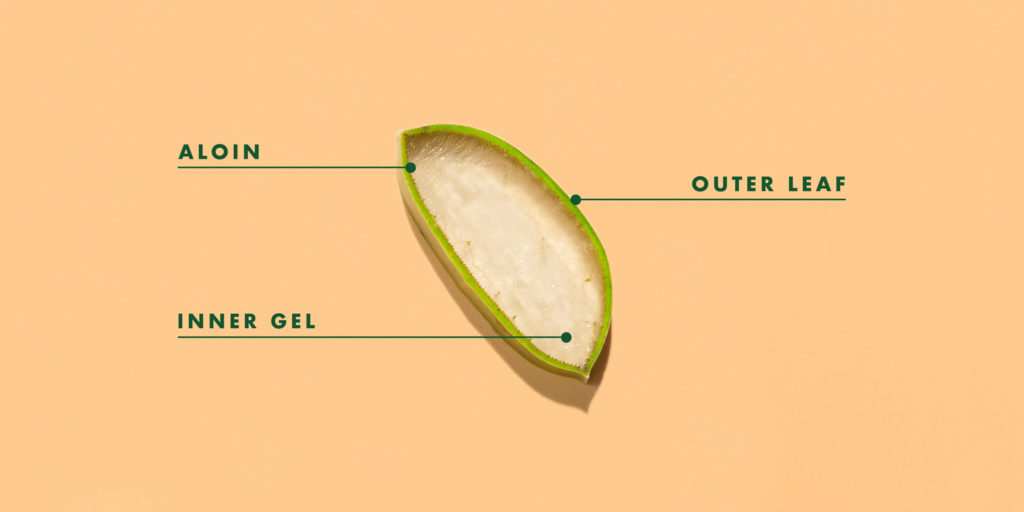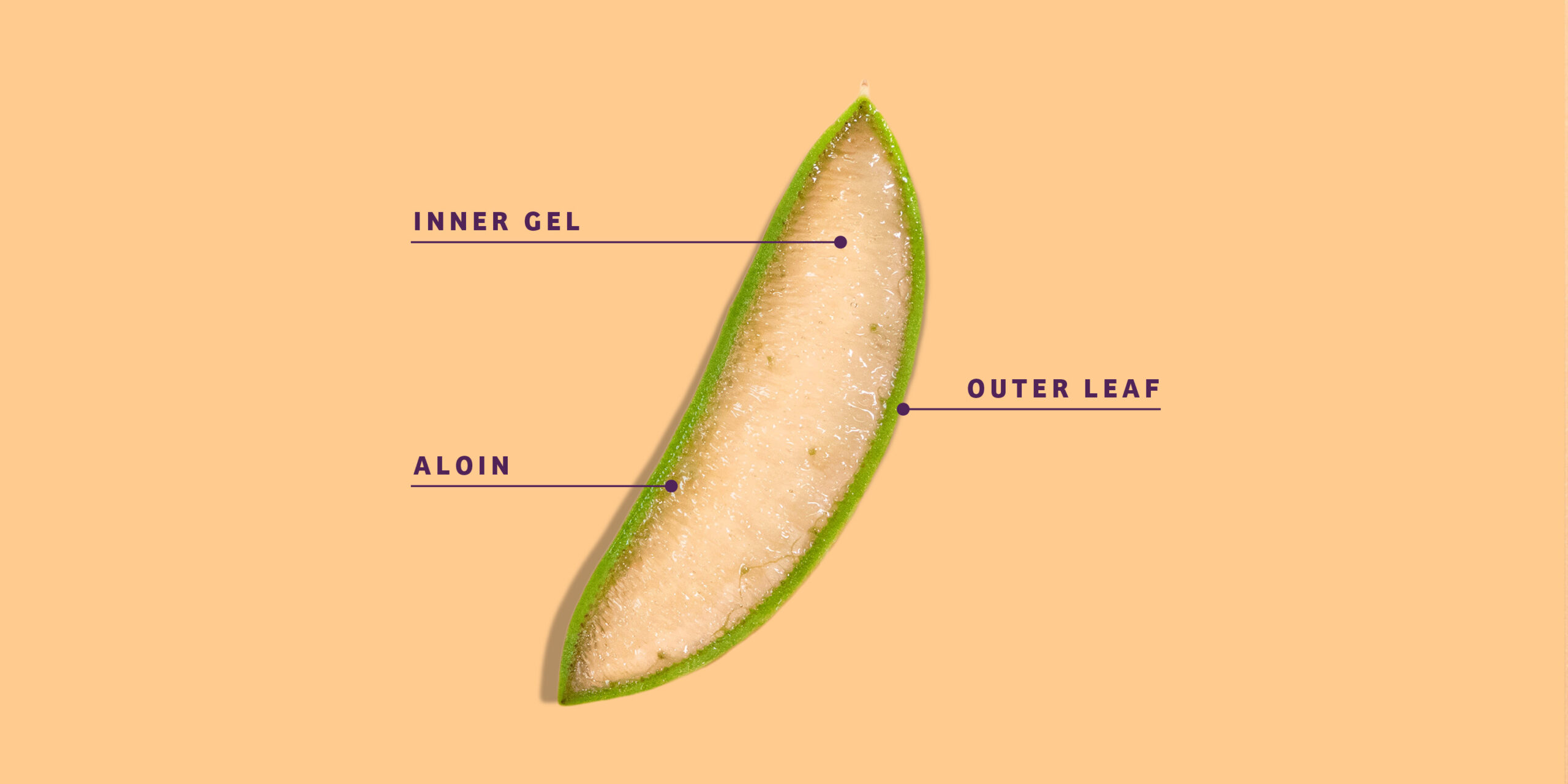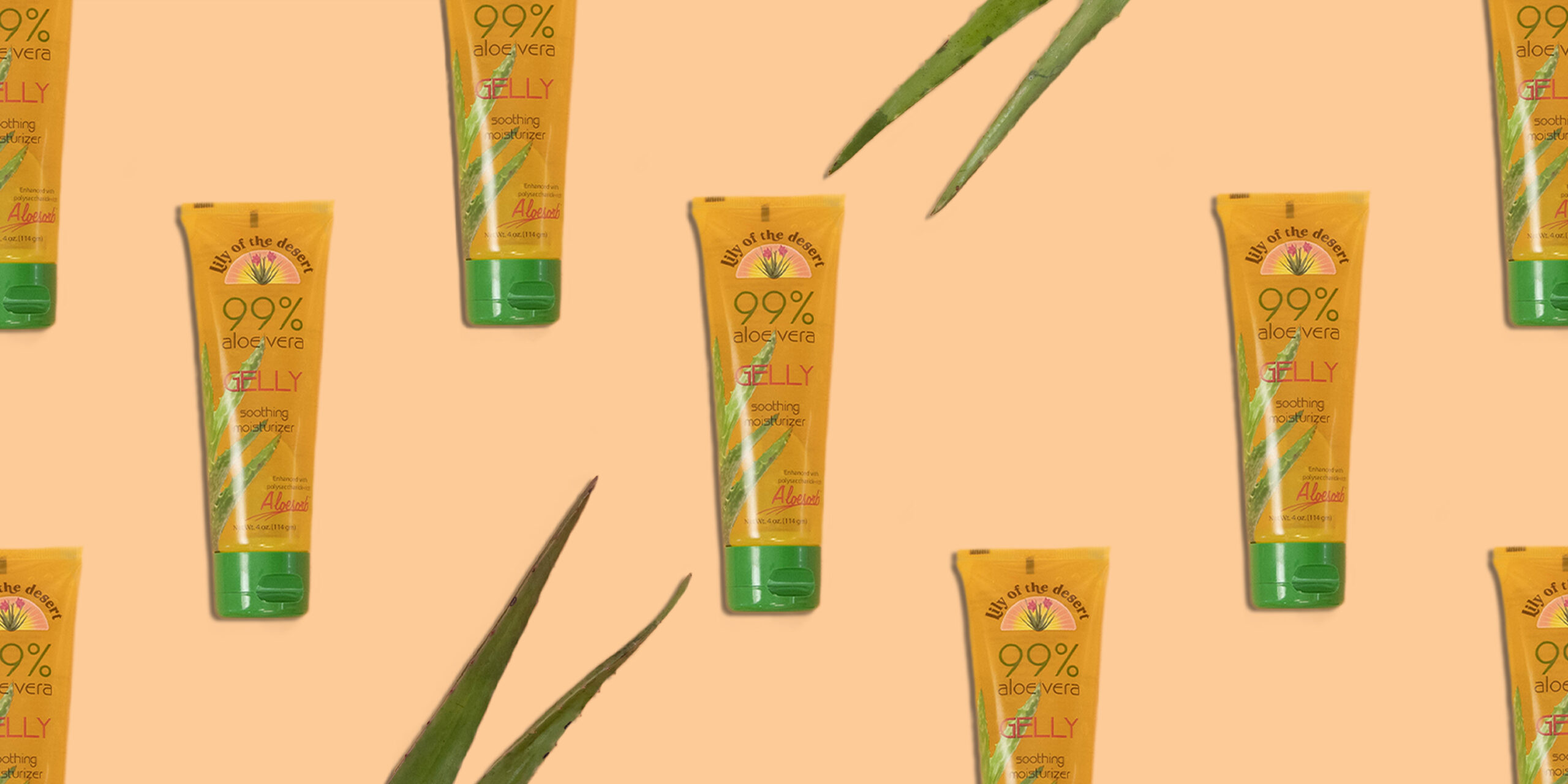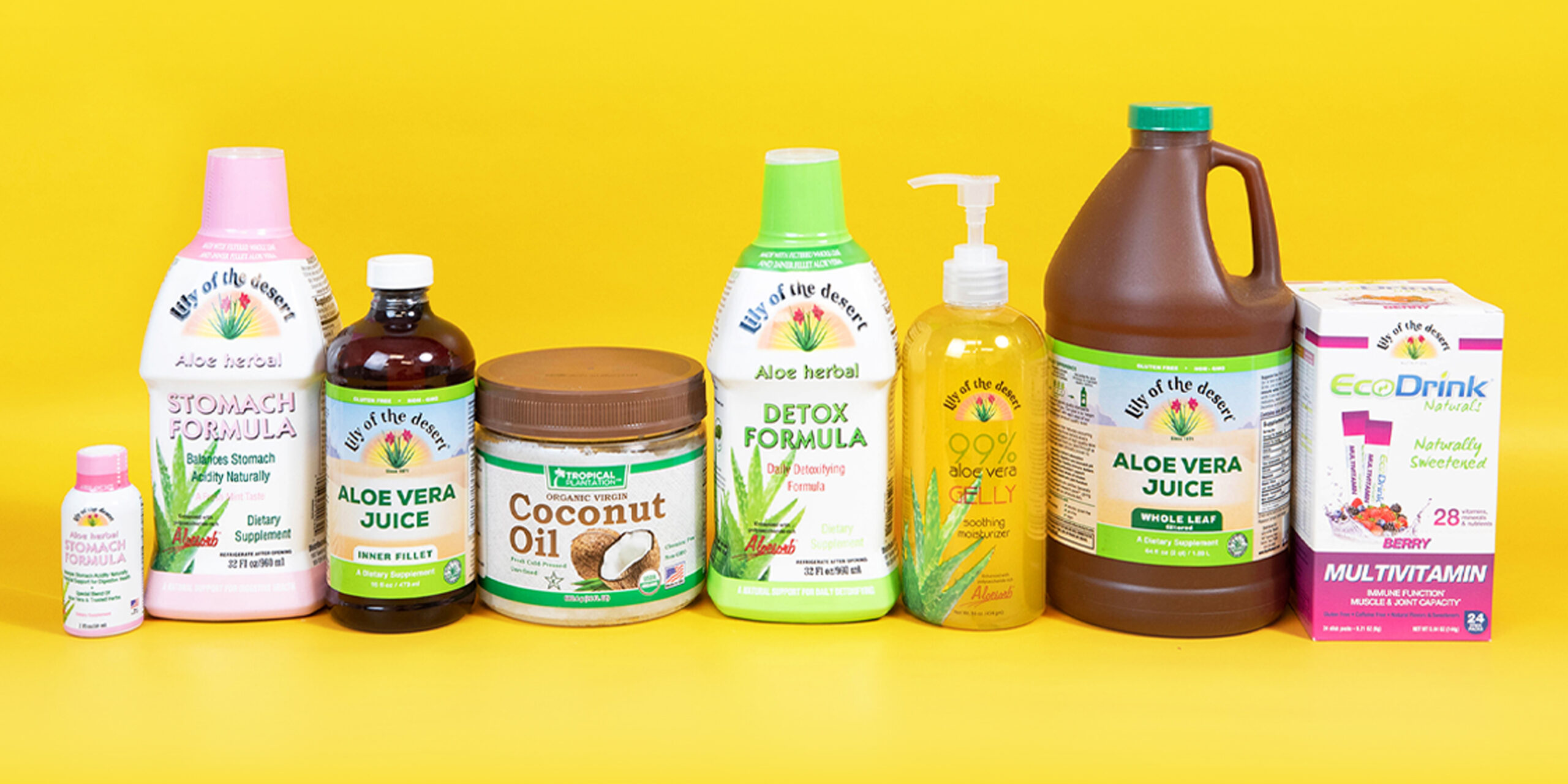Aloe vera has been used and treasured for centuries for its tremendous health benefits. Now viewed as a standard ingredient in wellness formulations, its thin layer between the outer leaf and inner fillet has long been the source of confusion and fear. Today we’ll take a closer look at aloin to get the real story and learn why it’s so misunderstood!
What is Aloin?
Aloin (also known as aloe latex) is a naturally occurring chemical present between the outer coating and inner flesh of aloe vera plants. A type of anthraquinones, it is a bitter, yellowish-brown fluid found in over 75 aloe varieties.
Is Aloin Toxic?
Laboratory studies have validated that aloin contains compounds that can cause strong intestinal contractions resulting in a laxative effect. Consumers historically used aloin products to treat constipation; however, the FDA withdrew them in 2002 amid potential cancer-causing concerns. People should avoid consuming aloin because high concentrations of it may lead to dehydration, diarrhea, stomach cramps, or kidney failure.
How Is Aloin Removed From Aloe Vera?
Aloin is present in aloe vera at 10,000 parts per million (PPM) in its natural state, a level that makes it dangerous if ingested. Commercial manufacturers use a filtering process known as decolorization to remove the toxic compound. This method involves purifying them using carbon filtration. The byproduct is aloe vera which is essentially free of aloin.
According to the International Aloe Science Council, aloe products designed for human oral consumption should have fewer than 10 PPM of aloin. The aloin content in topical products (e.g. creams) must be below 50 PPM.
What Aloin Removal Techniques Does Lily of The Desert Use?
Lily was one of the first brands to pursue the filtering of aloin content beginning in 1986. We use the industry-standard decolorization process for filtration and purification. As the industry leader, we have also had our manufacturing processes and finished goods independently reviewed and verified by an Expert Council to be certified as Generally Recognized As Safe.
Our clinical studies confirm that Lily products have an aloin level of less than 1 part per million, which is below the recommended guideline. You can be confident that they are safe for daily use by you and your family!
Are Whole Leaf Aloe Vera Products Safe to Use?
Because aloin is often misunderstood, many people will not use or recommend whole leaf aloe vera products. But since the products go through a filtration process to reduce that content to less than 1 part million, it is completely safe to use Whole Leaf products.
The key to reliable aloe vera production is following proper handling and manufacturing practices. Count on our team of experts to manage the journey from seed to bottle to ensure product purity, effectiveness, and safety. Lily takes great pride in bringing you all the advantages aloe vera has to offer!
Purchasing Lily of The Desert Products
The Lily of The Desert family of products is designed to meet your wellness and personal care needs. From our preservative-free organic aloe vera, hand sanitizer, and skin-nurturing gelly, we have you and your family covered! Use our handy store locator to find a nearby retailer or purchase online at Amazon, Vitacost, and Swanson’s Vitamins.
Learn more about us by following our Facebook and Instagram pages! You can ask questions, leave comments, view healthy tips, and get the inside





